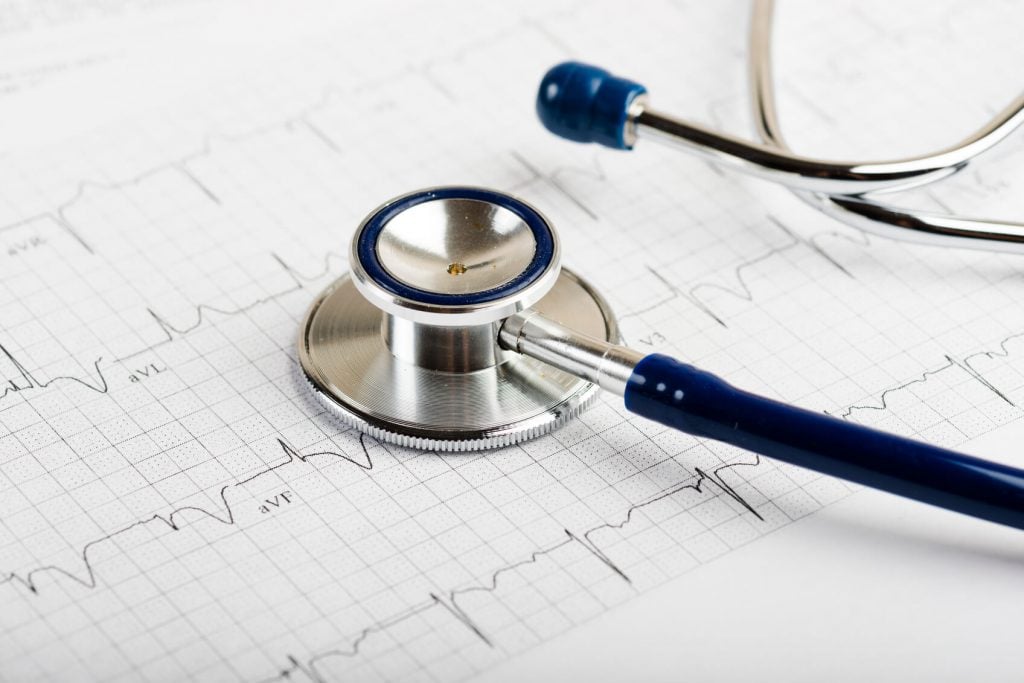An echocardiogram is a testing procedure. Doctors use it to check the working condition of their patients’ valves and heart muscles. Echocardiogram uses sound waves to take pictures of the heart and help doctors get a good look at the shape and size of the heart. The doctor uses the term echo, an abbreviation for the echocardiogram.

An echocardiogram in Upper East Side can help diagnose heart problems before things get complicated. The Upper East Side Cardiology, New York, provides pioneering cardiac care. With Upper East Side Cardiology, in New York, you have nothing to worry about if you have a heart-related problem. Now that you have got a gist of what an echocardiogram is. Let’s explore more about it.
What are the types of echocardiograms?
Let’s begin by exploring the different types of echocardiograms. There are various types of echocardiograms. There is nothing for you to panic about. The doctor will decide and tell you which one is best for you to determine your condition. The different types of echocardiogram include:
- Transthoracic echocardiogram
- Transesophageal echocardiogram (TEE)
- Stress echocardiogram
- Dobutamine stress echocardiogram
- Intravascular ultrasound
Another important question people have is, about the need for this test, so here it is why people need the test.
Why do people need an echocardiogram?
One of the most common questions people have about echocardiograms is why they need them. Why do their doctors ask them to go for an echo? The answer to this question is:
- To diagnose heart disease
- To observe heart valve disease over time
- To check how well surgical or medical treatments are working
Now, it is time to know what your echocardiogram results show.
What do echo results show?
An echocardiogram result helps a doctor in diagnosing different types of heart problems. The results show thickening of ventricles in the lower chamber or enlargement of the heart. It also reflects weakened heart muscles, complications with the heart valves, tumors, or blood clots. Echocardiogram results also help doctors detect any heart problem you have had since your birth.
While talking about echocardiograms, you must wonder what to do before or during this test. There is nothing for you to prepare in advance for this test. At the same time, echocardiograms have no downtime. The echocardiogram normally takes about half an hour, but the duration of the test also depends on your condition.
The echocardiogram either provides an assessment of your heart condition, or it can recommend additional diagnostic tests such as coronary angiograms or CT scans to check out the additional issues.
Leave a Reply